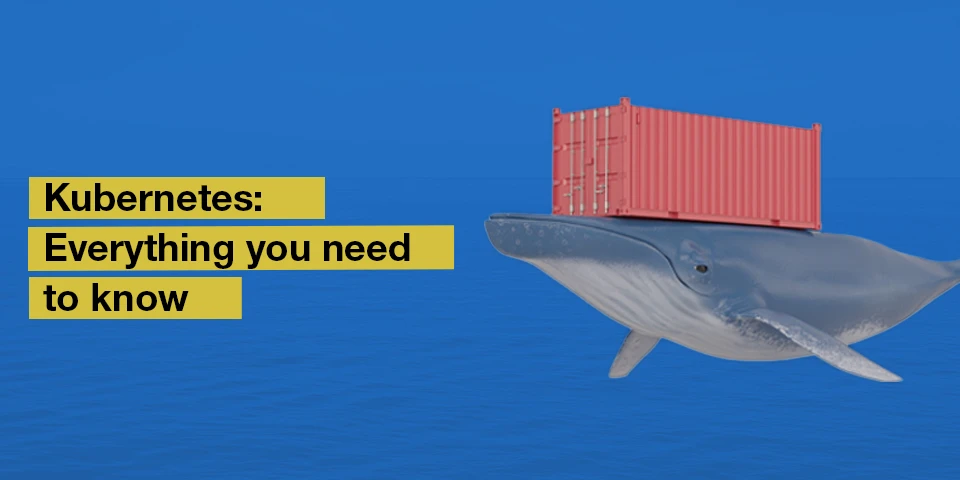
You might have been wondering what is ‘Kubernetes’ or more importantly why is ‘Kubernetes so popular?’ Let me take you through a quick overview about what this buzz word is and how it allows fast growing applications to scale quickly.
In short, with Kubernetes you can deploy cloud-native applications anywhere and manage them all exactly the same.
Kubernetes was created by and utilized and kept up with by Google which gives it moment credibility, yet can be trusted to fix bugs and deliver new elements consistently.
It is an open source software for deploying, scaling and overseeing containerized applications. As an orchestrator, Kubernetes handles crafted by planning containers on a group and furthermore deals with the responsibilities to guarantee they run as you expected.
Since Kubernetes was planned from the start with the possibility of software advancement and activities cooperating, activities undertakings and how they get performed are a vital part of the Kubernetes architecture and plan. Nearly everything in Kubernetes utilizes explanatory developments that portray how applications are created, how they communicate and how they are overseen. This empowers a huge expansion in the operability and portability of present day software frameworks.
Kubernetes intends to make an environment of tools and devices that alleviate the weight of running applications in public and private clouds. With Kubernetes, IT groups can deploy applications rapidly, scale applications on the fly, carry out new provisions flawlessly, and limit hardware utilization to required assets as it were.
To simply answer this, let’s talk about some of its benefits:-
So the answer is, why the hell not?!
With more ventures taking on a hybrid cloud system, a couple of difficulties have emerged, including what technologies to utilize, how to operate and oversee assets, and application deployment. That is the place where Kubernetes comes in.
The reasons why Kubernetes is great for hybrid cloud:-
Kubernetes’ popularity is on the rise with use cases in crucial areas like finance, Edtech, and traditional IT organization. In any case, Kubernetes face a couple of difficulties. The complex nature of creating and running dispersed frameworks at scale is one of its primary difficulties. Despite this, experts trust Kubernetes will turn into an ‘all inclusive control plane’ to oversee containers, virtual machines, and other modern applications.Also to understand Kubernetes more in detail, you must understand the concepts of containers but well, that’s the topic for another day.